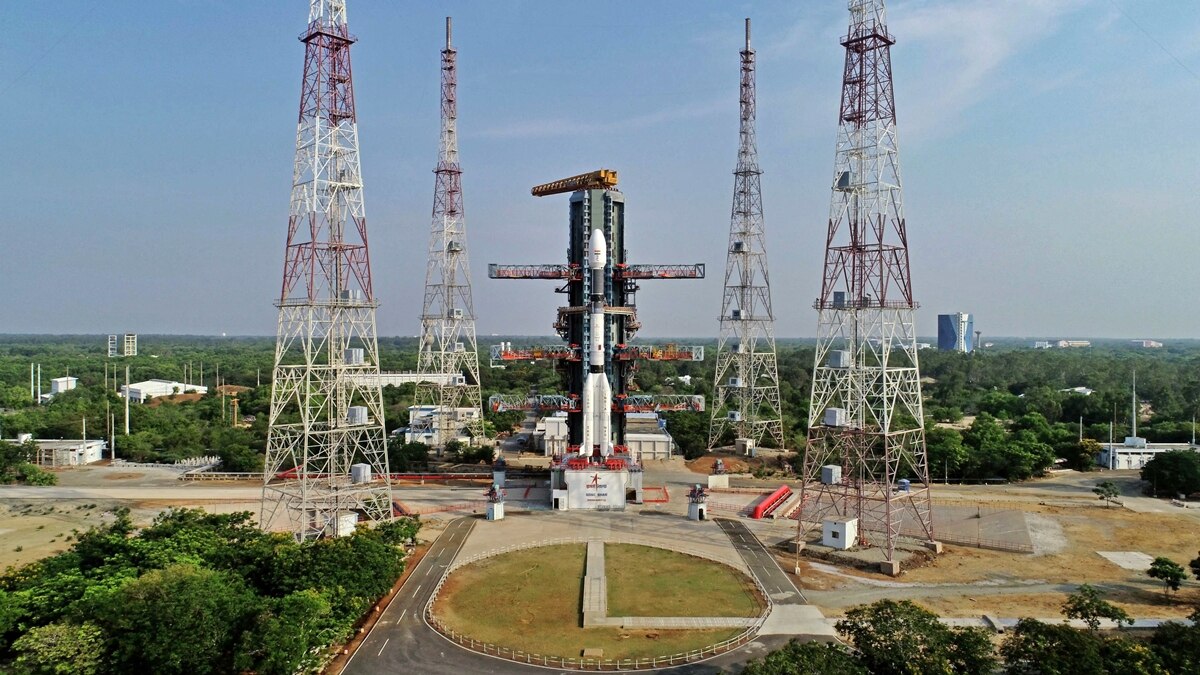In a significant development at Sriharikota, Andhra Pradesh, India has continued its space exploration success story following the triumphant Chandrayaan-3 moon landing. The latest achievement comes in the form of the Aditya-L1 mission, India’s maiden solar mission, which is dedicated to the study of the sun.
This pioneering solar mission is primarily focused on researching solar winds, which have the potential to disrupt Earth’s magnetic field and manifest as the dazzling natural phenomenon known as auroras.
India’s recent lunar success, surpassing Russia in the race to land on the moon’s south pole, was notable. Despite Russia’s more powerful rocket, India’s Chandrayaan-3 demonstrated remarkable endurance, outperforming Luna-25 and executing a flawless landing.
The Aditya-L1 spacecraft has been ingeniously designed to embark on a four-month journey covering approximately 1.5 million kilometers (930,000 miles). It will ultimately reach a designated region in space where objects are relatively stable due to the balancing gravitational forces, significantly reducing the spacecraft’s fuel consumption.
India’s pioneering Aditya-L1 solar mission represents a significant leap in the field of space-based solar research, offering invaluable insights into the Sun’s activities and their potential impacts on Earth, according to experts.
This remarkable achievement in India’s space exploration endeavors was celebrated as the Indian Space Research Organization (ISRO) successfully launched its maiden solar mission on Saturday. The mission carries seven payloads dedicated to conducting an in-depth study of the Sun.
Numerous experts have commended this successful mission launch and its profound significance for both scientific understanding and humanity as a whole. Dibyendu Nandi, the head of the Center of Excellence in Space Sciences India at the Indian Institute of Science Education and Research, Kolkata, remarked, “The mission represents India’s inaugural venture into space-based solar research. Should it reach Lagrange point L1 in space, ISRO will become the third space agency globally, after NASA and the European Space Agency, to establish a solar observatory at that location.”

